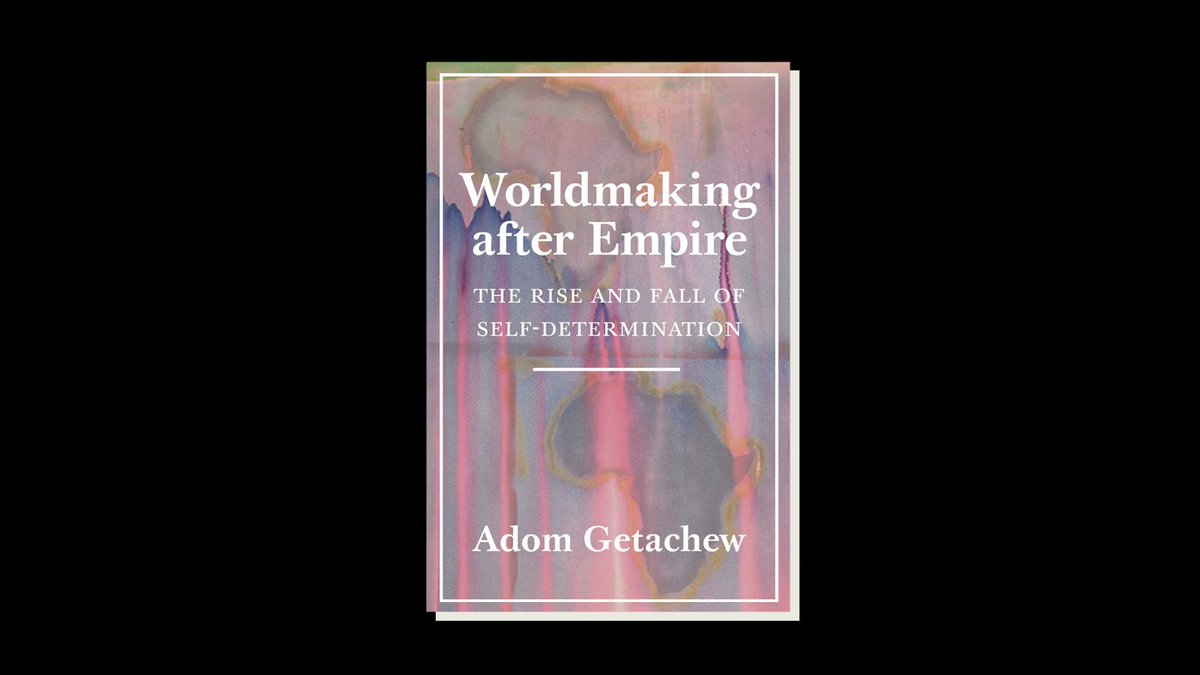
HAPPENING NOW: What are Washington’s foreign-policy priorities for the United Nations General Assembly? FP's @RaviReports is speaking with @USAmbUN Linda Thomas-Greenfield as she answers these questions, and more: buff.ly/3RQr9Uy
#UNGA77
#UNGA77

.@USAmbUN Linda Thomas-Greenfield: What Russia is doing in Ukraine "constitutes war crimes. We have to absolutely continue to expose what they're doing and hold them accountable."
Watch the live discussion with FP's @RaviReports now: foreignpolicy.com/live/america-a…
Watch the live discussion with FP's @RaviReports now: foreignpolicy.com/live/america-a…
Audience question: What kinds of reforms will @USAmbUN propose at #UNGA next week?
Linda Thomas-Greenfield: Among six main priorities, "we want to enhance cooperation and inclusivity."
Watch the live discussion with FP's @RaviReports now: foreignpolicy.com/live/america-a…
Linda Thomas-Greenfield: Among six main priorities, "we want to enhance cooperation and inclusivity."
Watch the live discussion with FP's @RaviReports now: foreignpolicy.com/live/america-a…
Q: How much is Russia to blame for the current food crisis?
@USAmbUN Linda Thomas-Greenfield: Food insecurity didn't start with the war in Ukraine. "But what we've seen happen over the course of the past six months is that it has worsened significantly."
foreignpolicy.com/live/america-a…
@USAmbUN Linda Thomas-Greenfield: Food insecurity didn't start with the war in Ukraine. "But what we've seen happen over the course of the past six months is that it has worsened significantly."
foreignpolicy.com/live/america-a…
Missed this event? Catch our upcoming FP Live, featuring an in-depth discussion with @NATO's @jensstoltenberg this Thursday Sept. 15 at 9 AM ET.
Register here: foreignpolicy.com/live/an-interv…
Register here: foreignpolicy.com/live/an-interv…

• • •
Missing some Tweet in this thread? You can try to
force a refresh











